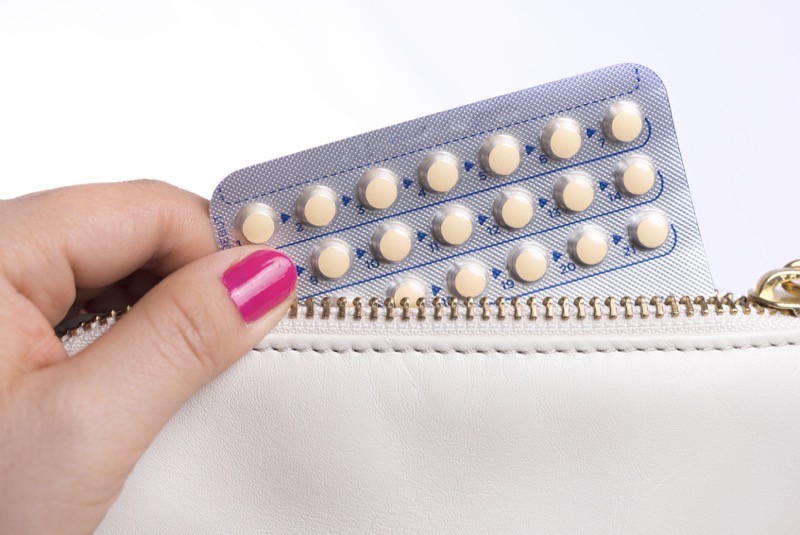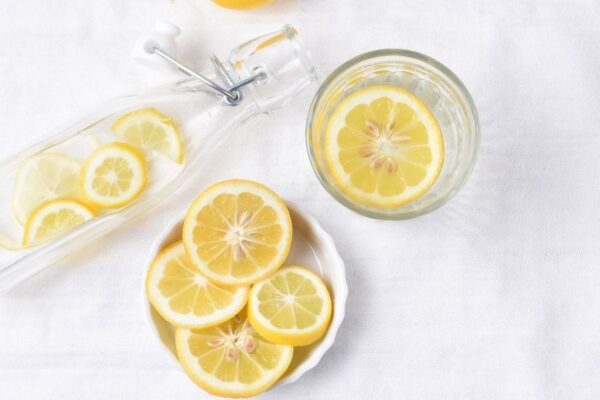How to Choose A Water Filter
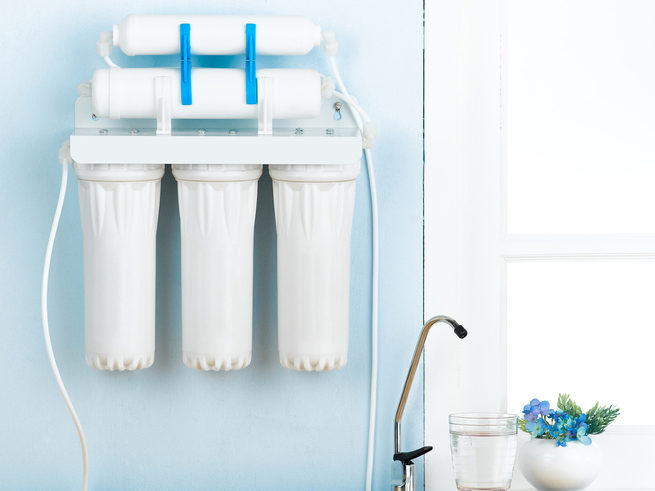
Water is fundamental to our health – but with all of the different kinds, it can be tough to figure out the best type of water to drink and how to choose a water filter. Let’s get into the nitty-gritty details of water, and how you can decide what might be best for you and your family.
Health Benefits of Water
We are made up mostly of water – here’s a quick review of why water is important. Water:
- Keeps us hydrated
- Ferries nutrients, proteins, hormones and chemical signals
- Flushes the kidneys and liver
- Keeps our skin and joints supple and hydrated
- Reduces pain
- Helps with digestion and elimination, and prevents constipation
- Diminishes hunger
Checking Your Water Source
Before you choose a type of water filter, it’s important to know what kind of water you are dealing with in your home and what’s in it. If you live in a larger municipality, check with the city about water treatment and what chemicals they use (chlorine and fluoride are common); if you draw your water from a local or private well, ensure you test it. Then, based on what’s in your water, you can begin to make decisions about what filtration systems you may need.
The Environmental Working Group has a Tap Water Database where you can access water records – this is for US cities only.
What’s The Best Type of Water?
Let’s talk about some of the common water types that are available. We’ve listed these sources in what we feel is least desirable to most desirable.
Bottled Water
What Is It: Store-bought water that is packaged in bottles.
Pros
We actually don’t think there are pros to this one!
Cons
- Stored in plastic, which can leach endocrine-disrupting chemicals into the water. Bits of microplastic can also be detected.
- Bottled water is an unregulated industry, and it’s up to each bottled water company to test and screen its water (or they may not do this).
- Many bottled water sources are not what the labels claim – companies take water from municipal sources, meaning it’s tap water.
- Expensive.
- The environmental impact of plastic is huge: people consume over 300 billion litres of bottled water every year, and those plastics don’t biodegrade. Plastic is polluting our oceans and affecting wildlife – researchers predict there will be more plastic in the ocean than fish by 2050.
Tap Water
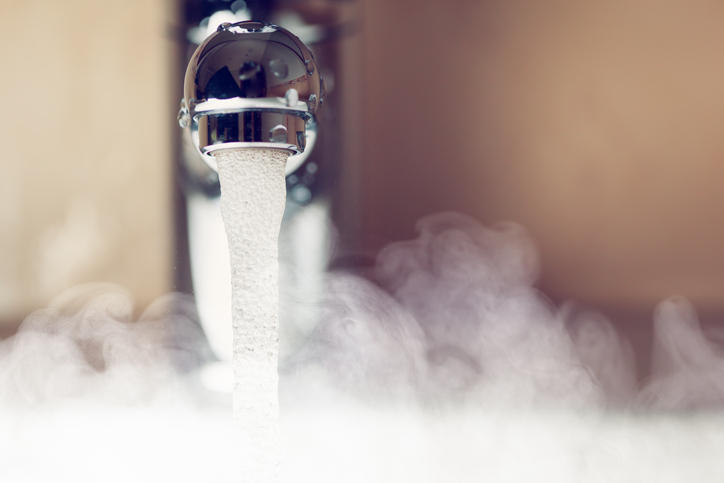
What Is It: The water comes from your tap in your kitchen and bathrooms.
Pros
- Inexpensive and easily available.
- Can be easily treated by using filters (more options for this below).
Cons
- Tap water is usually disinfected with chlorine, which can destroy our gut bacteria and affect digestive health.
- Is often treated with fluoride, with can disrupt our endocrine system.
- Can be contaminated with drugs that people are using.
- Can have a metallic taste or odor.
Activated Carbon Water Filter
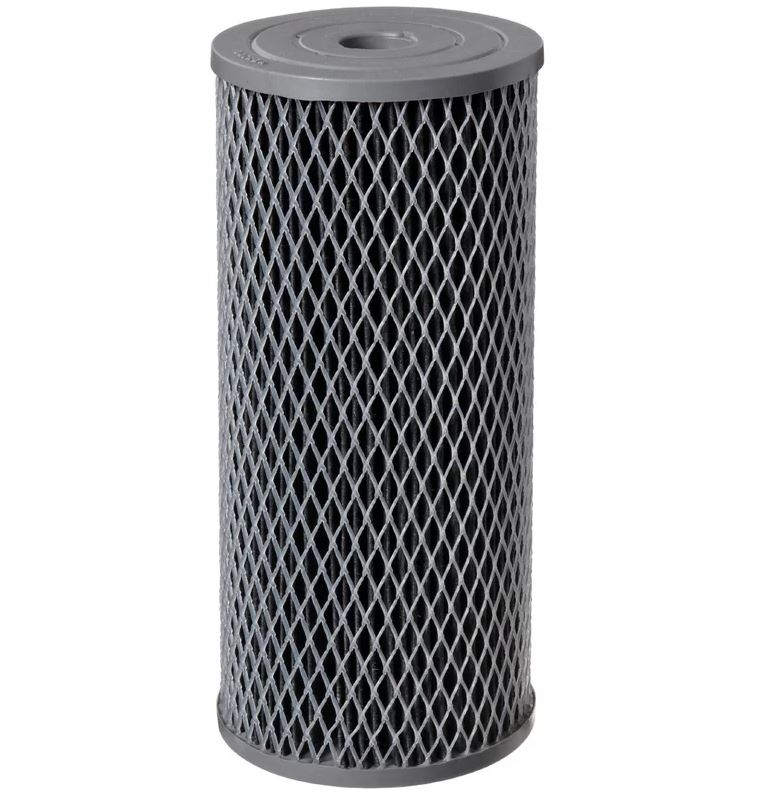
What Is It: This type of water is filtered using a carbon block that soaks up contaminants.
Pros
- Removes the chlorine, volatile organic compounds (VOCs) and odors.
- Low cost and relatively simple to maintain.
- Tastes neutral.
Cons
- Doesn’t remove all contaminants – things like heavy metals and fluoride remain.
Distilled Water Filter
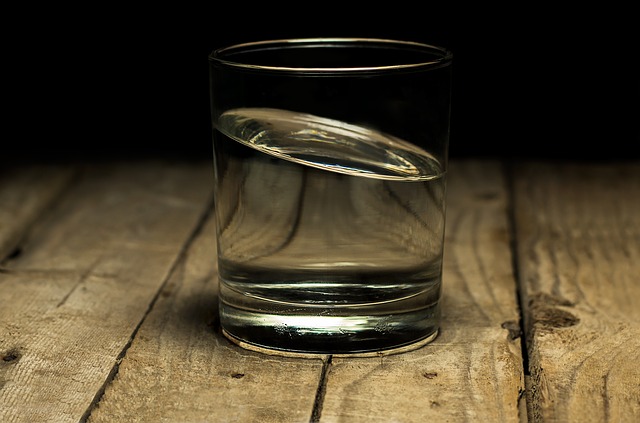
What Is It: This type of water has been boiled to remove impurities and minerals.
Pros
- Everything in your water is removed.
- Can help with detoxification.
- Can be made at home.
Cons
- Doesn’t have beneficial minerals – you’ll need to add minerals back into it.
- Has a flat taste.
- Can be acidic in the body.
- Uses a fair amount of energy to produce it.
Reverse Osmosis Water Filter
What Is It: Reverse osmosis water passes through several filters to remove the large and small contaminants.
Pros
- Removes most major contaminants – chlorine, fluoride, heavy metals (such as lead and mercury), bacteria.
- Tastes pure and clean.
- Great for people who live in cities and want to remove a lot of toxins in their water.
Cons
- Can be expensive.
- Wastes water.
- Can remove some beneficial minerals.
Spring Water
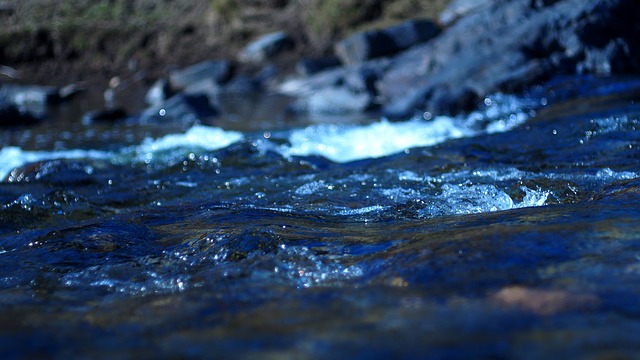
What Is It: Fresh water that comes straight from the source – the earth itself, which naturally filters and mineralizes the water.
Pros
- One of the cleanest water sources available.
- Contains natural, beneficial minerals.
- Easy to find for free – Find A Spring is a great resource to find spring water near you.
- Tastes pure and clean.
Cons
- Can contain some pollutants – ensure you test the spring water for purity.
- Can be difficult to access if you don’t have a spring near you.
- Need large glass containers and transportation to collect it.
Need additional guidance about cultivating a healthy environment in every room of your home? Click here for Healthy at Home, an online course that shares simple and important things you can do every day to reduce your exposure to toxins in your home.
Your Next Steps In Choosing a Water filter
Choosing the best water or water filter really shouldn’t be so difficult. How do you choose what’s best when there are pros and cons to every option? Here are the steps we recommend.
- Look up your municipal water source and find out what is being added and what is being removed from your water.
- Determine what you ultimately want to have or not have in your water.
- Determine your optimal set-up (ie. You may want a portable option if you’re in a rental).
- Review the options above and choose the one that checks most of the boxes.
- Compare the options in that category and make the choice that works with your budget.
There are a lot of water choices out there – so dig in and explore the best types of water filters for you!
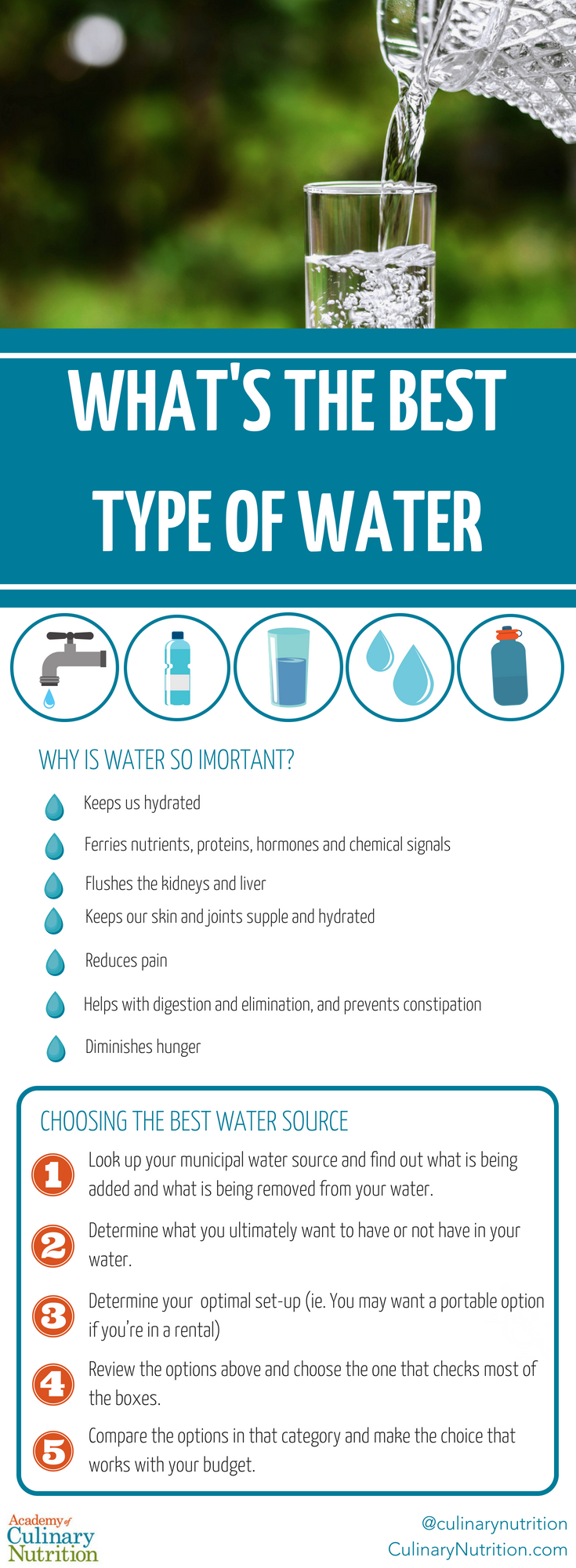
Free Resource Library
Enjoy more than 40 downloadable guides, recipes, and resources.





















